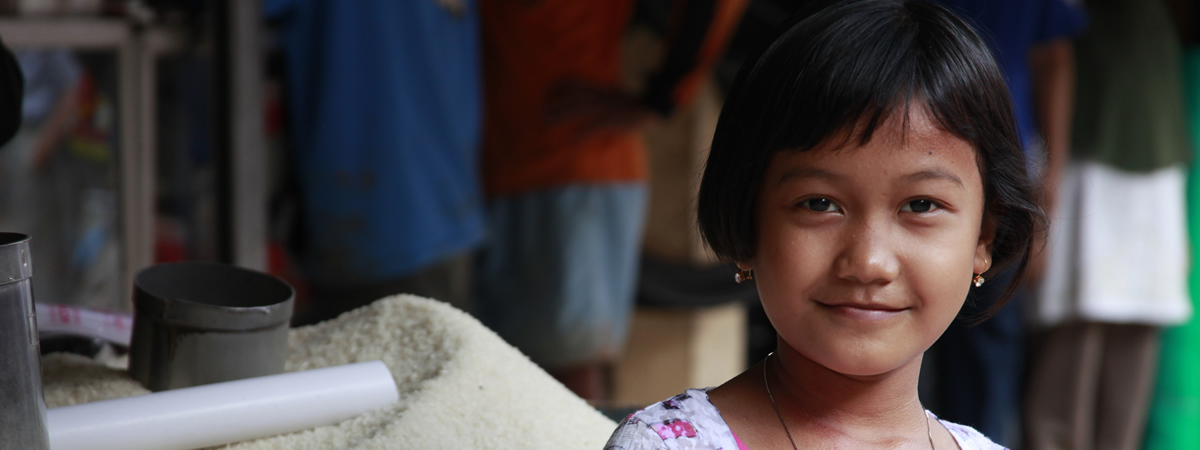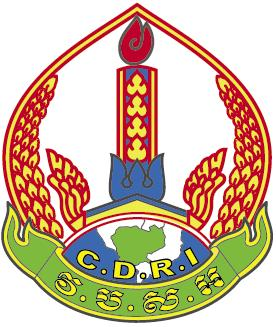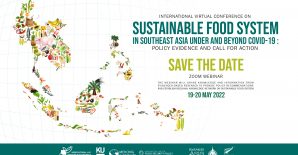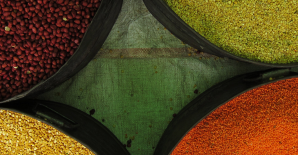1. Our Vision for Cambodia
CDRI’s vision is for a peaceful, prosperous and more equitable Cambodia that has made significant progress in sustainable socio-economic development and poverty reduction, based on high levels of growth and economic diversification, agricultural and rural development, the strengthening of democratic development and public institutions, improved management of natural resources, and social development in education, health and gender equity.
CDRI’s mission, values, operating principles and programme structure reflect this vision.
2. Our Mission
As an independent Cambodian development policy research institute, CDRI’s mission is to contribute
to Cambodia’s sustainable development, and the well-being of its people, through the generation of high quality policy-relevant development research, knowledge dissemination and capacity development.
CDRI works to achieve this mission in partnership with Cambodian public institutions and civil society, and their regional and international development partners, with respect for the capacity of the Cambodian people and their institutions, for the value of local knowledge and experience, and for Cambodia’s history and culture.
3. Our Work
CDRI produces independent, objective, high quality, policy-relevant development research, and works to maximise its relevance, accessibility and usefulness to policy makers, influencers and stakeholders, on five inter-related themes:
- Economy, trade and regional cooperation
- Poverty, Agriculture and rural development
- Democratic governance and public sector reform
- Natural resources and the environment
- Social development.
These five themes are reflected in CDRI’s research management structure. CDRI’s research is multi-disciplinary. Its Cambodia 2020 Research Strategy emphasises cross-programme collaboration on the major cross-cutting issues of sustainability, poverty reduction, governance and institutional arrangements, gender equity, and conflict prevention and resolution.
4. Our Guiding Values and Operating Principles
The value of policy research: CDRI’s core guiding value is that objective high quality policy-relevant research has a central role to play in good policy making for Cambodia’s sustainable development, and in the implementation of effective national development strategies and programmes.
Independence: CDRI’s governing body is an independent board of directors comprising people of Cambodian and international backgrounds acting in their individual capacities. CDRI management is responsible and accountable to its board on all strategic, management and financial matters. Decisions about CDRI’s research strategy, policy and programmes are made by its board and management in consultation with staff, partners and clients.
Political neutrality: CDRI is politically neutral and not aligned with any political party.
Good governance: CDRI’s Board, management and staff work together in an environment that respects the key principles of good organisational governance – compliance with the law; transparency and accountability; honesty, integrity and mutual respect; productivity and recognition of achievement; a safe and harmonious working environment; and continuous improvement.
Research ethics: CDRI’s research is designed, implemented and disseminated within an ethical framework that emphasises consultation and participation, transparency, informed consent, data confidentiality, local ownership and participation, respect for privacy and the well-being of the vulnerable, accessibility of research knowledge and respect for intellectual property, a commitment to the strengthening of local capacity and sensitivity to local culture.
Capacity development: CDRI has a deep commitment to capacity development, which is defined by the OECD as ‘the process by which individuals, groups and organisations, institutions and countries develop, enhance and organise their systems, resources and knowledge; all reflected in their abilities, individually and collectively, to perform functions, solve problems and achieve objectives.’ For CDRI, in its Cambodian context, this means an emphasis on building the skills and professional qualifications of its Cambodian researchers, team leaders and managers through institutional support, internal and external training and professional development, and opportunities for post-graduate education linked to CDRI’s research priorities, and on ensuring that our organisational structure and systems support this objective.
‘Cambodianisation’: The CDRI Board, management and staff share a commitment to the concept of Cambodianisation, a process by which, over time, CDRI works to ensure that all senior and middle management positions are occupied by suitably qualified Cambodians, that its Cambodian research and operational staff are well qualified and highly skilled, and that its research and policy agenda, its ways of doing research, and associated research products and dissemination strategies, are Cambodian owned and driven.
Partnership: CDRI undertakes its programmes and projects in partnership with Cambodian government agencies and their international development partners, other research and tertiary education institutions – national, regional and international, the private sector and civil society. CDRI seeks to build partnerships that are committed to:
- Development of the abilities of the Cambodian people, their government and institutions;
- Understanding of and respect for the local circumstances that determine sustainable development outcomes – political, institutional, economic, social, cultural and historical;
- Ownership and control of development programmes and results by Cambodians and their institutions;
- Long-term support for the sustainable growth of CDRI and the development of the professional qualifications, skills and expertise of its staff.
5. Our Organisation
Located in the Phnom Penh suburb of Tuol Kork, CDRI has 84 staff including management, professional and technical staff, operations and support staff, of whom 80 are Cambodian. Many of our staff, having gained experience and expertise at CDRI, go on to contribute to other Cambodian and international organisations involved in their country’s development.
6. Research Dissemination: CDRI disseminates and communicate its research findings through the portfolio strategies of knowledge management ranging from conferences, workshops, seminars, broadcast media, print media, library collection and information sharing, small group communication to interpersonal communication. CDRI research publications can be accessible and downloadable through:
CDRI website: http://www.cdri.org.kh/download.htm
7. How to Subscribe to CDRI Publications
Free subscription
Subscribe to receive free e-copies of all newly published papers through email cdripub@cdri.org.kh
Direct subscription for hard copies of publications
Please visit the CDRI office: 56 Street 315, Khan Tuol Kork, Phnom Penh, and contact the receptionist.
How to renew an existing subscription for hard copies
Please fill in the subscription renewal form sent to you at the end of the subscription period and follow the procedure indicated on it, or visit CDRI’s office and contact the receptionist.
Where to buy CDRI publications
CDRI’s office
Monument Bookshop
Mekong Bookshop
Daun Penh Bookshop
Sunway Hotel
Where to read CDRI publications
CDRI’s Library
National Library of Cambodia
Hun Sen Library at the Royal University of Phnom Penh
CCC Library
8. Where to find CDRI office
Cambodia Development Resource Institute
56 Street 315, Tuol Kork, Phnom Penh, Cambodia
Postal address: PO Box 622, Phnom Penh, Cambodia
Telephone: (855-23) 883-603 / 881-701 / 881-384 / 881-916
Fax: (855-23) 880-734 / Website: www.cdri.org.kh





